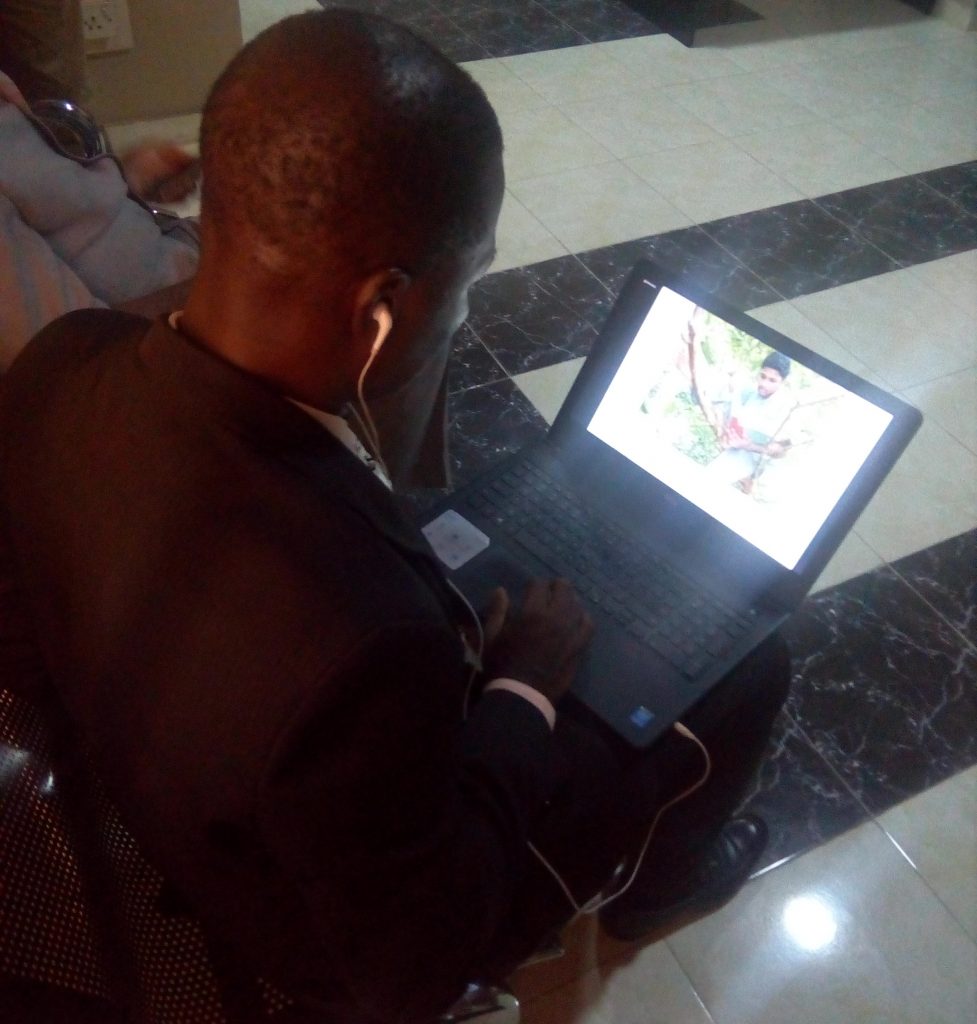Media Career Development Specialist, Lekan Otufodunrin writes on managing journalism career against the background of layoffs and other circumstances that may cost journalists their jobs.
One of my favourite inspiring quotes is “when life kicks you, let it kick you forward” by Kay Yow, an American Basketball coach who was inducted into the Women’s Basketball Hall of Fame in 2000.
Once in a while, we all get kicked in life and how we respond to the kick determines if it will take us forward or ruin our life or career.
As a journalist, I have a list of low moments in my over 30-year career that have left me confused about what next to do.
I have been somehow lucky not to get the real kick of being sacked or forced to resign, but even some sudden redeployments, not promotions, that I experienced can make one take regrettable rash decisions.
But being sacked or forced to resign like some journalists are experiencing for various reasons, can be very distabilising that they need the best counsel on what to do next.
In some cases, people see it coming but don’t take any concrete action to minimise the effect of losing monthly salaries, which they have been used to.
You have two options in a situation like this when you are sure you are on the list, and nothing will save you from being asked to leave or resign. Do not let a sack dent your job history.
If you don’t mind being sacked, stay on, but start planning your career beyond your present workplace. If you already have something you are doing on the side, this is the time to give it more attention and make it suitable for your next move.
I was so glad to recently read about the former Saturday Editor of Saturday Punch, Mrs Bisi Deji-Folutile bagging a PhD in Communication Studies from the Lagos State University.

I remember how she and the Daily Editor of the paper, Martins Ayankola were asked to leave The Punch unexpectedly. Good (not luckily) for her, she was already midway into the course despite her hectic work schedule.
Now, not only has she bagged the doctorate degree and can take up a lecturing appointment if she wants to, she is the Publisher of a website. She and Ayankola who is now Editor-in-Chief of The Whistler have moved on with their lives and put The Punch experience behind them.
Even when you are not sacked, there are times when you are no longer enjoying what you doing. Your work schedule has become so routine that you need to find new assignments within the organization or come up with new ways of doing your job to ensure your continued relevance.
You may need to seek counselling, mentoring or training programmes instead of sinking into irrelevance and even developing mental health issues due to the uncertain future staring at you.
While journalists can accuse some of the media organizations they work of not caring enough about their career growth, individuals have the greater task of knowing what to do at every stage of their careers.
Don’t assume you will work forever where you are now if you are an employee. No matter how good your performance is, circumstances may warrant that you get kicked or you decide to leave on your own. You must know when to stay on and when to move on. You must know when to start looking for another job or launch your own organization.
You must prepare for any unforeseen circumstance with the kind of skills and higher qualifications you are acquiring. You must pay attention to the changes in the profession and have what it takes to remain relevant and needed.
There will be excuses why you may not be able to find time to get additional training, but you must just find the time to secure your future. A Chief Executive of a media organization used to have only a Diploma, he has long ago acquired a Masters degree.
Under difficult circumstances, many journalists have enhanced their educational qualifications and they are happier for it today as they have options of what to do when they got kicked.
Even if you want to be a media consultant which many ‘retired’ journalists end up becoming, your qualifications will matter if you are aiming at top consultancies globally and not just helping to write and getting press statements published.
Lamenting about how your organization used and dumped you will not do you any good. One company or the other does not owe you a job till you are due for retirement. There will be time to bring in new staff and there will be time for changes in the operations of your company that may not have space for you.
Always remember that you will get kicked, someday, somehow, and you must know what next to do.
Being kicked is not peculiar to the media, it just happens that the poor working conditions in our industry make us more vulnerable than others.
My best wishes this new year.

